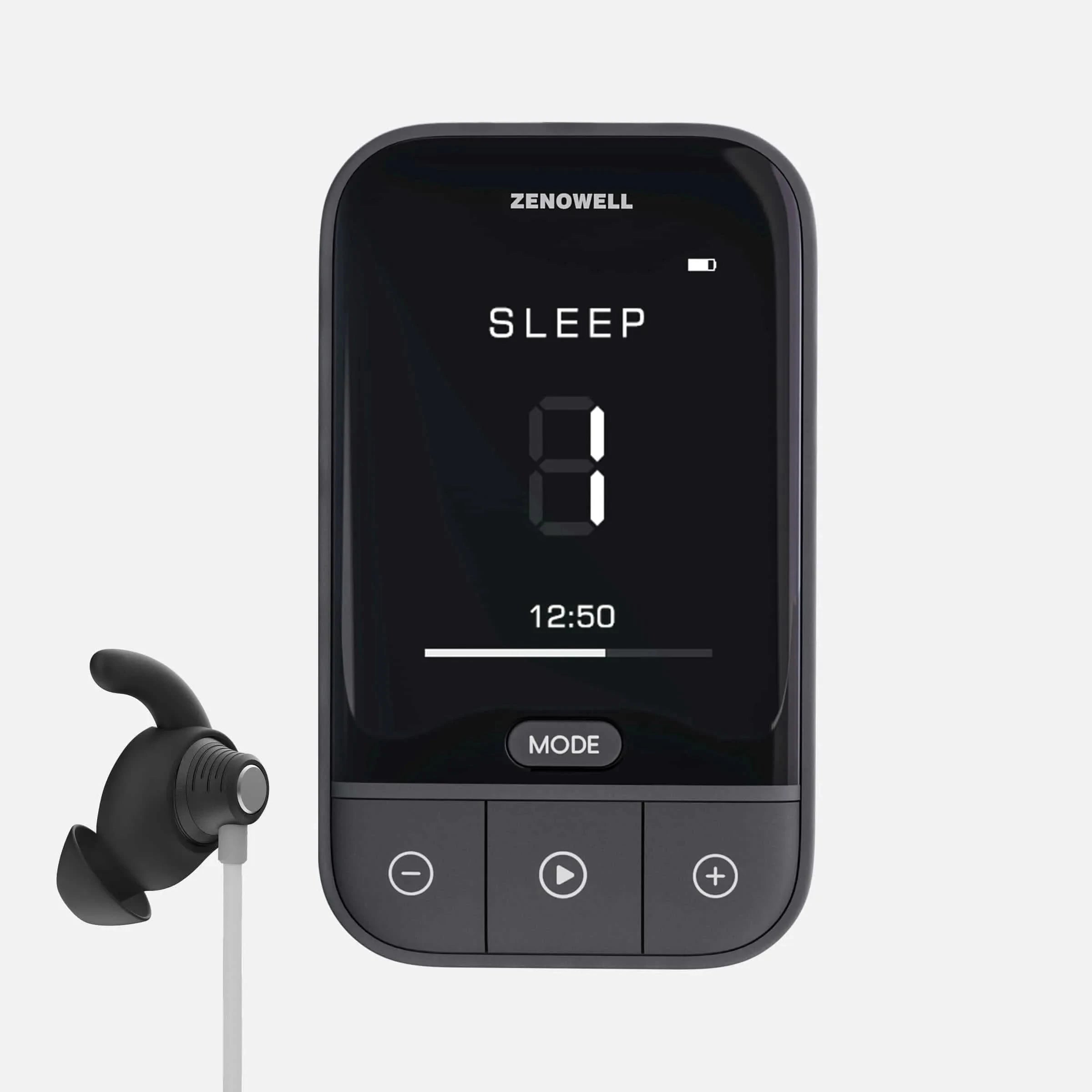You’re not alone: How vagus nerve stimulation supports postpartum mental health
Becoming a mother is one of the most profound transformations a woman can experience. However, along with the joy and fulfillment, many new mothers face emotional challenges that are often unexpected and overwhelming. Studies show that up to 85% of new mothers experience “baby blues,” while approximately one in five develop postpartum depression (PPD)—a condition marked by insomnia, sadness, anxiety, fatigue, low self-worth, and, in some cases, difficulty bonding with their infant.
The Biological Basis of Postpartum Depression
Postpartum depression is not simply an emotional issue—it is deeply rooted in biological and neurological changes that occur after childbirth. These include:
-
A sharp decline in estrogen and progesterone levels
-
Chronic sleep disruption
-
Elevated physical and psychological stress
-
Changes in gut microbiota and increased systemic inflammation
These changes can significantly disrupt the neuroendocrine balance and immune regulation, increasing the brain’s vulnerability to mood disorders and emotional instability.
Heart Rate Variability (HRV) and Postpartum Mental Health
Heart Rate Variability (HRV) is a widely recognized biomarker of mental and physiological resilience. Research indicates that women with PPD often exhibit lower HRV, which is associated with reduced vagal tone, poor stress regulation, and emotional dysregulation. In essence, an underactive vagus nerve impairs the body’s ability to recover from stress, contributing to prolonged emotional disturbances.
The Potential of Transcutaneous Auricular Vagus Nerve Stimulation (taVNS)
Transcutaneous auricular vagus nerve stimulation (taVNS) is a non-invasive technique that stimulates the vagus nerve through the outer ear. Clinical studies suggest that taVNS can positively impact mood, immune balance, and neurochemical regulation. Specifically, taVNS has been found to:
-
Increase HRV and restore autonomic balance
-
Enhance GABA signaling, promoting emotional calm and improved sleep
-
Elevate oxytocin and serotonin levels, which are essential for mood regulation and bonding
-
Modulate the HPA axis to reduce stress-induced cortisol surges
-
Improve gut-brain communication, supporting microbiome balance and hormonal regulation
Key Research Findings
2021 Clinical Study on taVNS for Postpartum Depression
A clinical trial involving 25 women with diagnosed PPD demonstrated that after six weeks of taVNS treatment:
-
74% of participants responded positively, and 61% achieved clinical remission
-
Depression scores (HAM-D17) decreased by an average of 9.7 points
-
95% of clinicians and 96% of participants reported noticeable improvement
-
Mild side effects (e.g., temporary discomfort or dizziness) resolved spontaneously; no serious adverse events occurred
These results suggest that taVNS is a safe and promising non-pharmacological intervention for postpartum depression.
2023 Meta-Analysis on taVNS for Depression
A comprehensive meta-analysis of 12 studies involving 838 participants with depression found that:
-
taVNS significantly reduced depression scores across multiple scales
-
The treatment showed higher response rates than placebo and similar effectiveness to antidepressants (ATDs), with fewer side effects
While encouraging, the authors note that additional high-quality randomized controlled trials are needed to strengthen the evidence base
Implications for Postpartum Health
Hormonal fluctuations, lack of sleep, increased stress, and inflammation are key factors that suppress vagal tone and delay recovery from postpartum mood disorders. By gently stimulating the vagus nerve, taVNS may help restore physiological balance—improving mood, resilience, bonding, stress responses, and sleep quality.
Why taVNS Deserves Consideration
-
Non-invasive and drug-free
-
Supported by neuroscience and clinical evidence
-
Simple to use in a home setting
-
Addresses the underlying biology rather than masking symptoms
Conclusion
Postpartum depression is a complex condition that deserves compassionate, science-backed support. While taVNS is not a substitute for medical treatment, it represents a promising complementary approach that aligns with the body’s natural systems. As research continues to evolve, taVNS may play a key role in empowering mothers to reclaim emotional balance and well-being during one of life’s most important transitions.
















